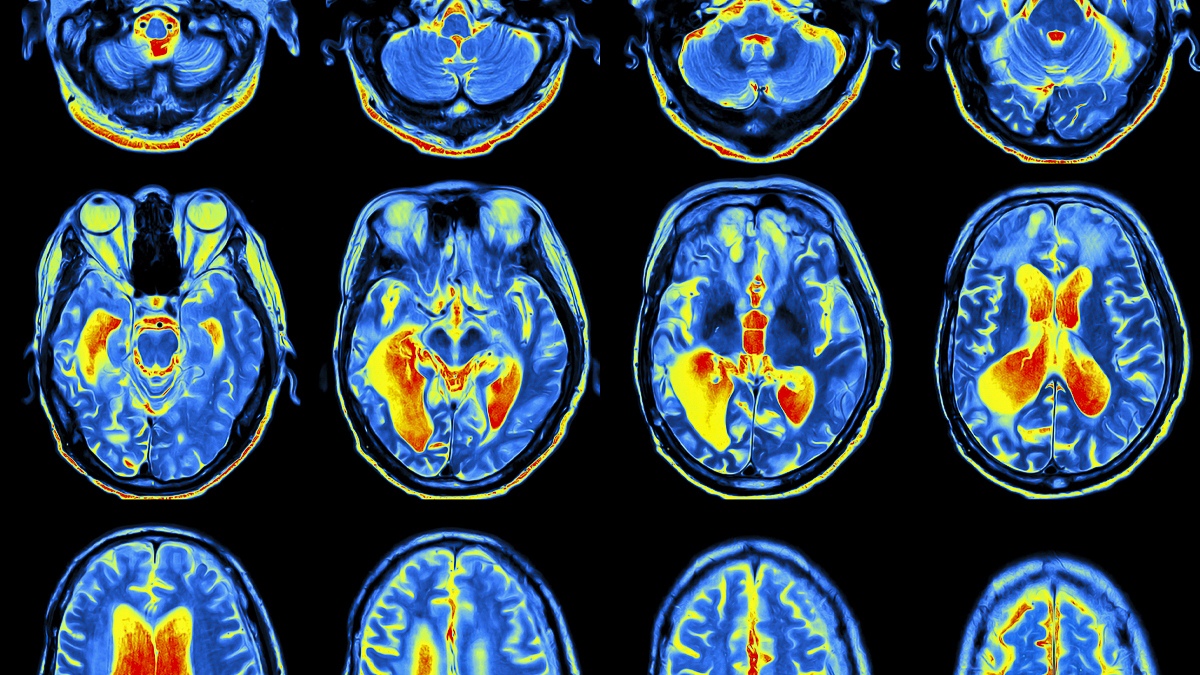Dr Tony Capstick is a lecturer in Applied Linguistics. His main areas of interest are teacher education, multilingualism and migration.
Before becoming an academic, Tony was an English language teacher trainer in developing countries and spent most of his career working in Asia and the Middle East. He is interested in language education and the political contexts in which that occurs, and his PhD research project was on migration between Pakistan and Britain.
Much research has been carried out on the outcomes of migration, whereas Tony is more interested in what happens in the country of origin as well as the destination. His research focuses on grassroots migration, working with families that use local languages and non-standard varieties of English.
"As a sociolinguist, I'm less interested in proficiency in Standard British English, and more interested in the kind of nonstandard English that migrants use to cope in certain situations. A lot of the migrants who I work with would not be able to pass exams or score highly on an IELTS test, but they are able to do what they need to do in order to migrate."



